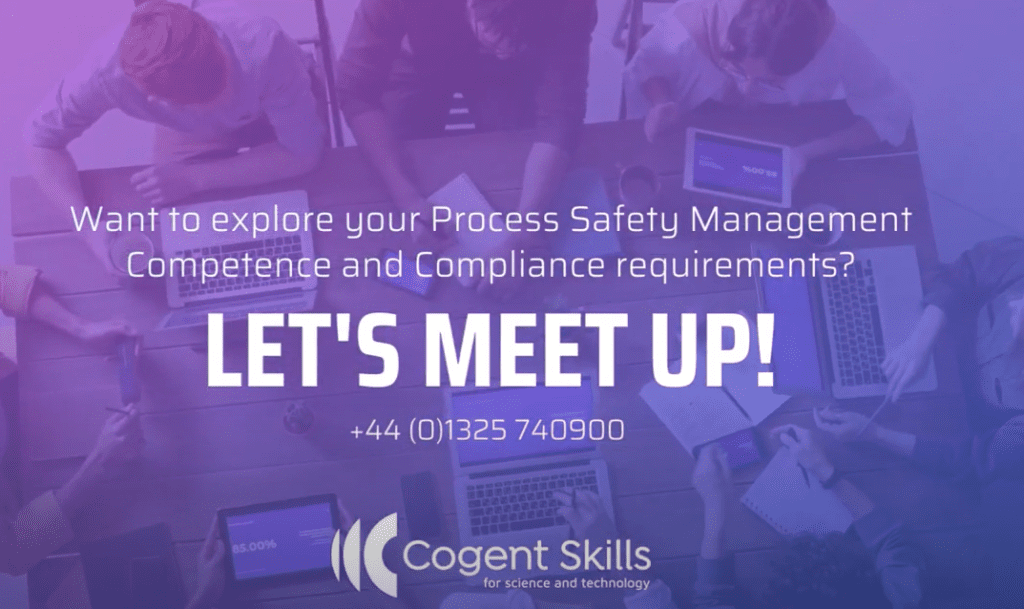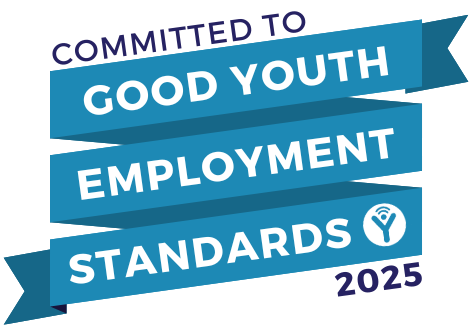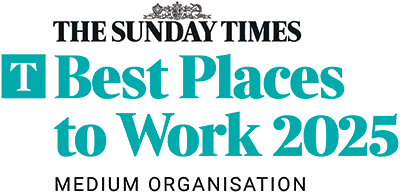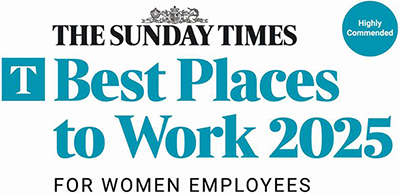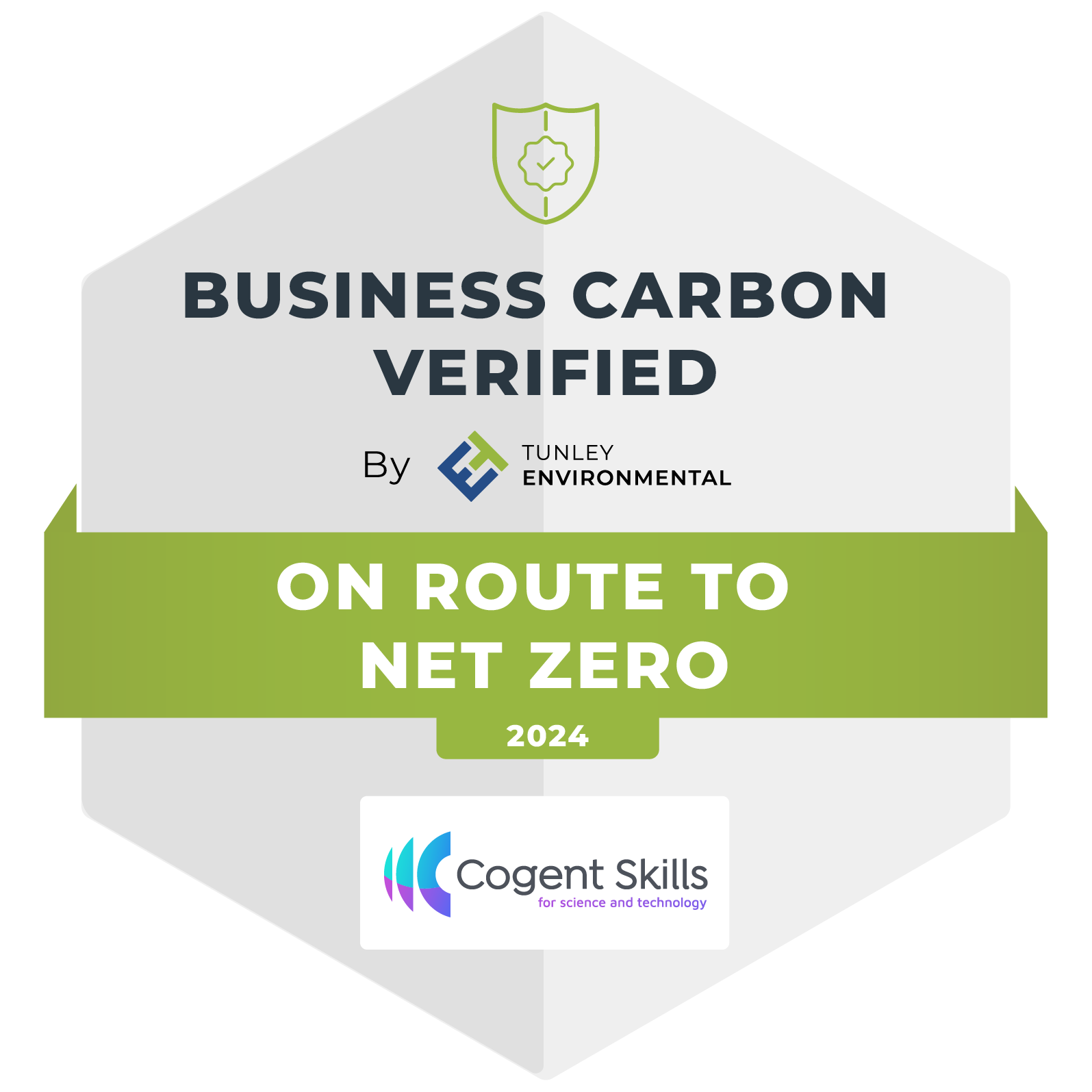An industry resource article, sharing insight and lessons relating to Human Factors and Competence Management Framework Systems.
Process Safety Critical Systems and Procedures
Which Framework System is a critical priority?
Human Factors and Competence Management
Your Major Accident Hazard site may have safety critical risk assessments, policies, procedures, practices and performance indicators in place, but if they’re not carried out by competent people and behaving in a way which could lead to human error or failure, then all other systems can be secondary.
A major high hazard incident can affect your financial performance, business reputation, credibility within workforce, local communities AND your ‘License to Operate’
So, regarding Safety Critical Systems and Procedures, especially in times of change, who will implement these? Who does Process Safety Management apply to? Is it a process safety specialist, is it the operators and shift managers who ensure that manufacturing continues smoothly on a daily basis, the engineers who continually strive for improvements in process integrity, efficiency and effectiveness, or the senior leaders who set the culture and direction of the organisation?
In reality, whilst the most important aspect of any management system is the fact that Leadership takes full responsibility - actively encouraging implementation and reporting, it’s a fact that all of these people and more have a role to play in managing process safety. Each person has to be competent enough to recognise just how important their influence is on the continued safe operation of an organisation with major hazards - that is, hazards that could lead to a catastrophic incident if released.
Regulatory Inspectors need businesses to demonstrate that they have access to competent Human Factors and Competence management support. This can be an internal or external resource.
Developing a Human Factors and Competence Management framework can help your Major Accident Hazard (MAH) site operations avoid human error - providing insights into the vulnerability of MAH systems and deliver processes which can help avoid for human failure.
Additional Benefits: A robust Human Factors and Competence Management framework can also help your business to:
- Advance business improvements and drive operational excellence
- Attract / retain the best employees
- Comply to regulatory competence requirements
- Conduct Human Reliability Assessments and Analysis/Safety Critical Task Analysis.
- Identify skills gaps and support aging workforce issues
- Improve competitive advantage
- Reduce the risk and improve your workforce’s safety and productivity
Cogent Skills is the main skills body for Competence with high hazard industries and facilitates the Process Safety Management (PSM) Competence Programme Board -a joint industry and regulators group which exists to support the package of PSM Training Standards, developed by industry for global high hazard sites and delivered exclusively by Cogent Skills to help industry keep their ‘License to Operate’
Are Your Competence and Process Safety Management Systems Ready for Change?
Demonstration of a robust Competence Management System is required by major accident hazard site regulators and can help to improve operational performance, safety and staff morale - by standardising the reliability and consistency of quality production across individual and multi sites, team shifts and global operations.
Let’s hear this key message from the Health and Safety Executive’s Head of Onshore Chemicals Management, Improvement & Development – Max Walker. Chemicals, Explosives & Microbiological Hazards Division, aiming to help industry improve their high hazard site systems.
Max Walker is an active member of the PSM Competence Programme Board and recently shared the following key messages in a film called Celebrate the PAST – Prepare for the FUTURE
Net Zero carbon emissions changes can cause risks to worker safety, nearby community and the environment. Are your existing systems fit for purpose?
For those adapting to Net Zero change within your COMAH or high hazard business? Review your workforce competence management systems to make sure you keep pace with change
If you are planning to re-purpose, mothball, decommission or introduce new assets? Ensure standards of compliance are maintained
If you are adopting to unfamiliar new technologies, such as carbon capture or hydrogen use as an energy source? Careful thought is needed to understand risks and potential impact on your existing safety arrangements.
Max Walker. HSE. Chemicals, Explosives & Microbiological Hazards Division.

About Human Factors
Human factors have been defined as the characteristics of the job, individual and organisation that influence human performance - all about the interaction between humans and systems – that can affect behaviour and result in safety, environmental and business risk.
Demonstration of a robust Human Factors management system is required by major accident hazard site regulators and delivers significant business benefits to any company.
It refers to organisational job factors, human and individual characteristics, which influence behaviour at work in a way which can affect health and safety. All elements are identified in the Operational Delivery Guide:
COMAH Competent Authority Inspecting Human Factors at COMAH Establishments which includes:
- Managing Human Performance
- Human Factors in Process Design
- COMAH-Critical Communications
- Design and Management of Procedures
- Competence Management Systems
- Managing Organisational Factors
About Competence Management
Major hazard organisations require competent staff who have the necessary skills, knowledge and experience to undertake critical tasks in such a way as to prevent a major accident or minimise the consequences to people and the environment should one occur
‘Competence’ means the ability to undertake responsibilities and perform activities to a relevant standard, as necessary to ensure process safety and prevent major accidents.
Competence is a combination of knowledge, skills and experience and requires a willingness and reliability that work activities will be undertaken in accordance with agreed standards, rules and procedures.
The Competence Management Framework System is a set of process procedures (part of the Human Factors roadmap), which helps you to develop systems to evidence an individual employee’s workplace knowledge, skills, attitude and behaviours. A CMS should be designed to comply to COMAH / SEVESO III regulatory and ISO quality systems requirements – to ensure operational competence.
Competence assurance is realised through a competence management process that aligns to six key principles
- Demonstrating leadership and commitment
- Identifying business critical activities pertaining to the control of major accident hazards
- Setting procedures and standards
- Compliance against your standards
- Taking actions to improve competence
- Commitment to continuous improvement
In a nutshell, I would wrap up our experience of working with Cogent Skills on our Competence Management Systems journey by saying we've got simplicity, we've got structure where structure didn't exist before and it is starting to be embedded.
I'm definitely seeing the benefits of the consistency that we were craving
Nick Wood. Operations Director, Vita Comfort UK
Six stages of developing a Competence Management System Framework.
The Cogent Skills’ Approach
- Resourcing Workshop
- Priorities, ownership, timescales, support
- Map existing resources to CMS
- Strengths v. Gaps
- Manage the Competence Management System
- CMS Policy/Procedure, manage change, review & audit
- Manage Tasks
- Task identification, task risk/criticality, assign tasks to roles
- Prepare for Assessment
- Assessment criteria, assessment capacity
- Manage training
- Map training provision, identify gaps
Further Reading and Useful links
About the Process Safety Management Competence Programme Board (PSM CPB)
The PSMCPB is a joint industry and regulators group which exists to support the package of PSM Training Standards, developed by industry for global high hazard sites and delivered exclusively by Cogent Skills to help industry keep their ‘License to Operate’
Case Studies
Read these Case Studies to learn lessons, implementation tips and actuals outcomes from COMAH sites who have already put these framework systems in place:
- National Grid
- Vita Comfort UK
- Lanxess (prev. Emerald Kalama Chemicals)
Publications
- COMAH Competent Authority Inspection of Competence Management Systems at COMAH Establishments (Operational Delivery Guide)
- COMAH Competent Authority Inspecting Human Factors at COMAH Establishments (Operational Delivery Guide)
- Guidelines for Competence Management Systems for COMAH Sites
Solutions
- Competence Management System Review
- Competence Management Systems Development
- Human Factors System Review and Development
- Human Factors Awareness Course
- Workplace Competence Assessor (WCA) Course
Want to Explore your Competence Management and Human Factors Opportunities?
Email: [email protected] or Call: +44 (0) 1325 740900
